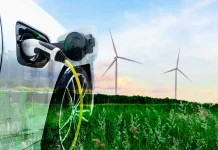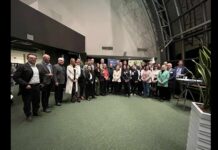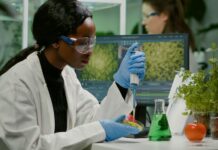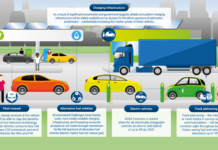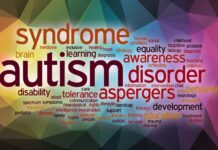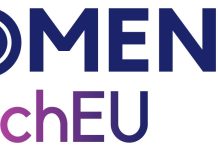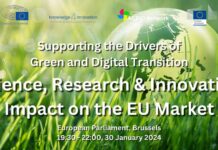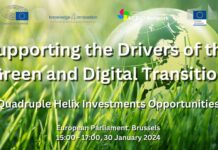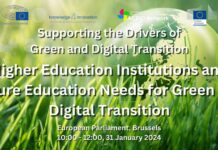Europe is unlikely to meet its climate targets unless meat consumption is reduced. Research into other protein sources is needed to stimulate the development of alternative products, says EIT Food
By Martin Greenacre
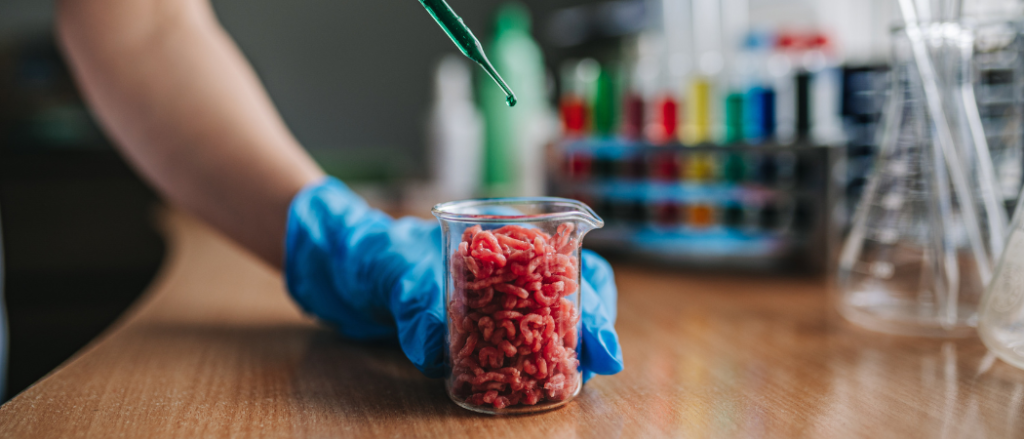
A new research partnership is needed to accelerate development of sources of non-meat protein if Europe is to make serious headway in reducing the 26% – 34% of greenhouse gas emissions that come from its food system, according to a think tank set up by The European Institute of Innovation and Technology’s (EIT) food innovation group.
“This is the single biggest lever for climate impact,” said Kari Tronsmo, open innovation manager at the French multinational food company Danone and president of the EIT Protein diversification think tank, which wrote the report.
Innovation is required in terms of “plant breeding, adapting crops to the new climate and adapting crops to grow together in synergy,” Tronsmo told Science|Business.
Traditionally, breeding innovation has focused on staple crops, including wheat, maize and rice. “There has been much less effort on all the smaller crops. That’s what we need now,” she said.
Protein diversification holds the potential to reduce greenhouse gas emissions more per euro invested than any other industry, according to a 2022 Boston Consulting Group report. But as things stand, less than 1% of all food research funding in Europe went into alternative proteins between 2007 and 2020.
Given that it is unlikely that Europe can meet its climate targets without reducing meat consumption, there is a need to put greater effort into exploring and establishing alternative sources of protein. These will range from high tech approaches such as cultivating meat in the lab and the fermentation of fungi and yeast, to protein derived from plants that have been part of non-European diets for centuries, algae-based and insect-based alternative sources.
Transitioning to these alternatives will require investment in research, development and innovation, to devise new products, scale up production, and better understand consumer behaviour. EU policy-makers should explore amplifying the impact of existing funding through partnerships, such as by setting up a Horizon Europe partnership on Protein Diversification, the report says.
“Synergies with other funding bodies could be created to accelerate the new sustainable food systems, and private and philanthropic foundations have expressed interest in jointly exploring ways to collaborate with the EU,” says the report published last week by the think tank, which is composed of representatives from academia, industry and NGOs.
“So far, the alternative protein industry has primarily depended on investments from venture capitalists and private equity, with insufficient support from public funds,” the report says.
The investment needed in infrastructure is especially difficult for start-ups. “De-risking is the key, which means reducing investment risk through public financial instruments and a clearer policy framework,” says the report. Loan guarantees, incentives for minimum purchase contracts, and public subsidies are ways policymakers can help during the scaling phase.
As you sow
Alternative proteins have already been selected as a key area for research in the EU’s Food 2030 framework and are cited in the proposed Horizon Europe partnership for Sustainable Food Systems, due to launch in 2024.
Over and above this, EIT Food think tank emphasised the need to invest in research into crop reliability, new protein sources, breeding crops with a higher protein content, and making it more attractive for farmers to cultivate protein crops such as soybeans.
Investment is needed throughout the value chain, including in development to improve the taste and to create alternatives which resemble familiar meat products.
This also applies to infrastructure, particularly to support the fermentation and cultivated meat sectors. Setting up shared infrastructure would be one approach, so that every start-up does not have to fund its own pilot plant, Tronsmo said.
There are exemplars, such as the Ferments du Futur public-private partnership launched last year by French public research institute INRAE and the ANIA industry association. Thanks partly to €48.3 million in public funding, an innovation platform will be set up near Paris to facilitate the development of new fermented foods.
Traditional processors such as butchers should also be involved in the transition, said Peter Holl of the German Institute of Food Technologies, who contributed to the report. “They have the technologies, they know the customers and they know their business,” he said.
Other recommendations include assessing whether the EU’s rules relating to approval of novel foods are hindering innovation, reducing VAT for sustainable proteins to encourage consumer uptake, and reforming the Common Agricultural Policy to promote protein diversification.
The report is published at a time when uncertainty surrounds the future of the EU’s Farm to Fork strategy, which aims to enable fair, healthy and environmentally-friendly food systems, because the push for sustainability is coming up against concerns over food security.
The European Commission was expected to adopt a proposal for a legislative framework for sustainable food systems by the end of this year. However, there are now doubts as to whether this will see the light of day before next year’s European elections.
The Commission is also due to review its protein policy in the first quarter of 2024 to address Europe’s dependence on imports. This would address not just alternative proteins for human consumption, but also plant-based proteins for animal feed.
Source: sciencebusiness.net






